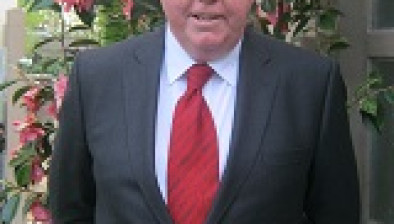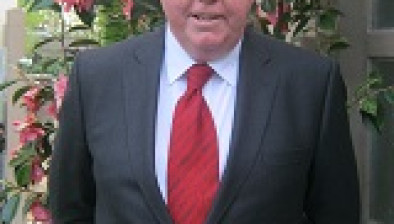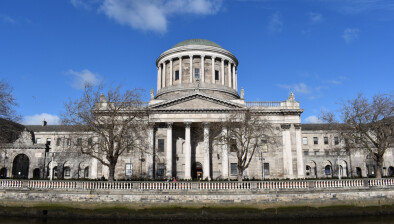Editorial: Dignity and duplicity on London Bridge

Graham Ogilvy
The appalling murders of Jack Merritt and Saskia Jones in a terrorist attack have shocked millions. Two young graduates had their lives snuffed out while volunteering to help the less fortunate rehabilitate themselves.
In the agony of their grief, Jack Merritt’s family, sensing the media and political reaction that was to follow, summoned up the strength to issue a statement of immense dignity.
They said: “We know Jack would not want this terrible, isolated incident to be used as a pretext by the government for introducing even more draconian sentences on prisoners, or for detaining people in prison for longer than necessary.”
And they added of the young lawyer: “Jack lived his principles; he believed in redemption and rehabilitation, not revenge.”
The family’s statement was a recognition that there are no simple solutions to complex problems.
It is a truth which, like so many others, has eluded Mr Boris Johnson who with depressing predictability sought to blame ‘lefties’ and resorted to the usual ‘lock ‘em up and throw away the key’, knee-jerk grandstanding.
In a subsequent attempt to apply a veneer of sophistication and understanding to his utterances, Johnson saw fit to copy and paste sections of analysis by the Secret Barrister onto his Twitter feed.
The former Attorney General, Mr Dominic Grieve, a man not given to unprincipled hyperbole, has described his former cabinet colleague as “a pathological liar”, so it is probably fair to conclude that Johnson’s plagiarism of the Secret Barrister’s writings is one of the less egregious examples of his well-known mendacity.
The attitude of Johnson and his right-wing populist supporters in the media to judges, courts and inconvenient parliamentary rules is well-known and tucked away on page 48 of the Conservative manifesto is an ominous paragraph: “After Brexit we also need to look at the broader aspects of our constitution: the relationship between the government, parliament and the courts.”
Given the behaviour of Johnson’s allies in Poland, Hungary and the United States, we should be concerned.
Finally, in the tragic events of last Friday, there were some glimmers of hope that Jack Merritt would have been cheered by.
Among the heroes of London Bridge were a former prisoner working for the Prison Reform Trust and a convicted murderer training for freedom who took a fire extinguisher to the knife-wielding maniac. And then there was the Polish chef who was stabbed five times while wielding a narwhal tusk against the terrorist and Mohammed the kitchen porter who helped isolate the attacker and went back to washing his dishes after it was all over.
Could there ever be more inconvenient heroes for Johnson and his xenophobic entourage?
Graham Ogilvy









